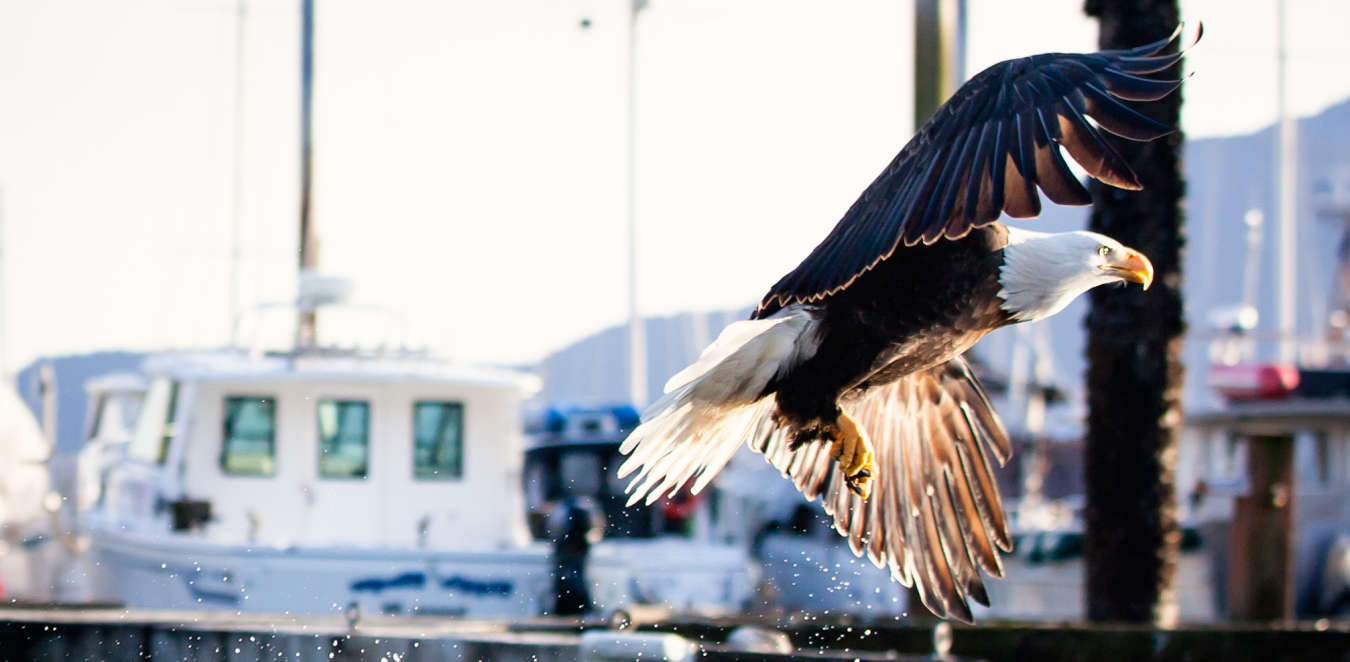Lead Performer: Cold Climate Housing Research Center – National Renewable Energy Lab – Fairbanks, AK
July 9, 2020
Juneau lies between the ocean and mountains and is only accessible by plane or boat. The community has set a goal to use 80% renewable energy for transportation and space heating by 2045; this project will provide data on how to retrofit local homes.
Lead Performer: Cold Climate Housing Research Center – National Renewable Energy Lab – Fairbanks, AK
Partners:
-- Alaska Heat Smart – Juneau, AK
-- Information Insights Inc. – Fairbanks, AK
-- Alaska Electric Light and Power – Juneau, AK
-- Renewable Juneau – Juneau, AK
-- Southeast Alaska Building Industry Association – Juneau, AK
-- Environmental and Energy Study Institute – Washington, D.C.
-- Rocky Mountain Institute – Boulder, CO
-- Panasonic Life Solutions Co. – Seattle, WA
DOE Total Funding: $530,225
Cost Share: $132,766
Project Term: July 2020 to June 2023
Funding Type: Advanced Building Construction FOA Award
Project Objective
The objective of this project is to pilot a residential energy-efficiency program in order to deliver tangible results and programmatic guidance to communities working to start their own holistic energy-efficiency programs. The project team will implement a communitywide campaign to promote the adoption of comprehensive residential building energy-efficiency retrofit packages using a portfolio of outreach tools and incentives. This project will expand the current state of the art by validating the climatic boundaries of ductless air source heat pump technology, balancing the demand management priorities of a power grid with 100% renewable energy generation. This approach will refocus the nexus of technology adoption campaigns away from state agencies and utilities to community-driven public-private partnerships.
The project team will work closely with partnering organizations to identify and develop appropriate messaging, a mobilization campaign model, and a package of financing, incentives, and aggregated purchasing options to recruit up to 150 households and test their tools for mass-market adoption. Through monitoring, surveys, interviews, and focus groups, the team will identify market barriers to energy-efficiency retrofits to inform project setup and evaluate project tools.
Simultaneously to the development of the energy-efficiency retrofit package, the project team will create a workforce development program to train the local workforce on retrofit techniques. The energy savings, economic benefits, and effects on the electricity load on the grid will be evaluated using a combination of energy audits and billing data from participating households.
Project Impact
This project will develop a comprehensive energy-efficiency retrofit package including ductless air source heat pump technologies with the potential to reduce building energy use intensity by 50%. The results of this work will be used to develop a program guide, which will provide a framework that other rural and/or cold climate communities can use to implement their own program using a community led and financed approach.
For more information on the project, please visit the project page on CCHRC’s website: http://cchrc.org/incentivizing-cold-climate-efficiency-in-juneau/
Contacts
DOE Technology Manager: Marc LaFrance, marc.lafrance@ee.doe.gov
Lead Performer: Vanessa Stevens, Cold Climate Housing Research Center

